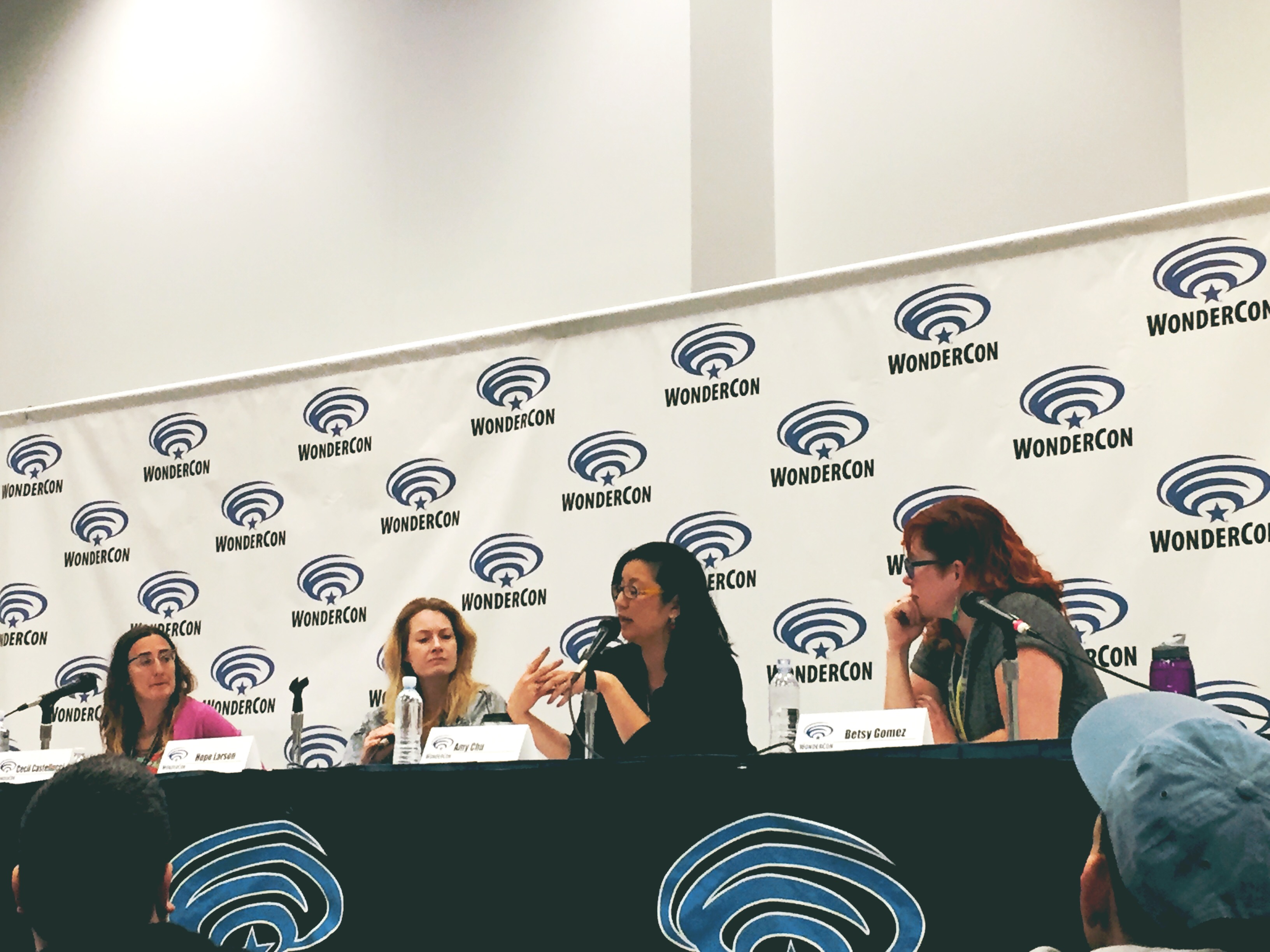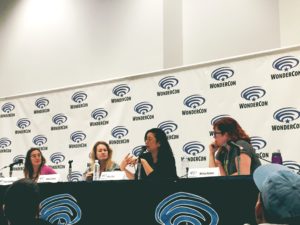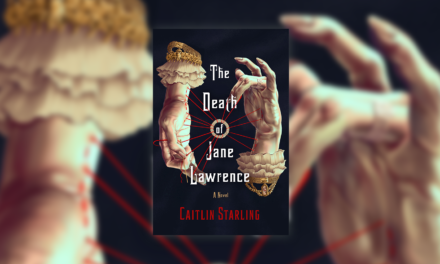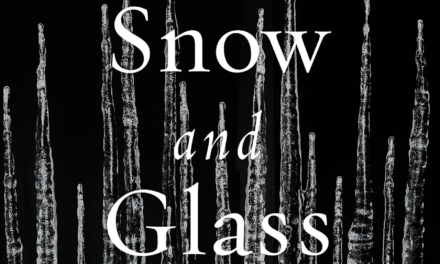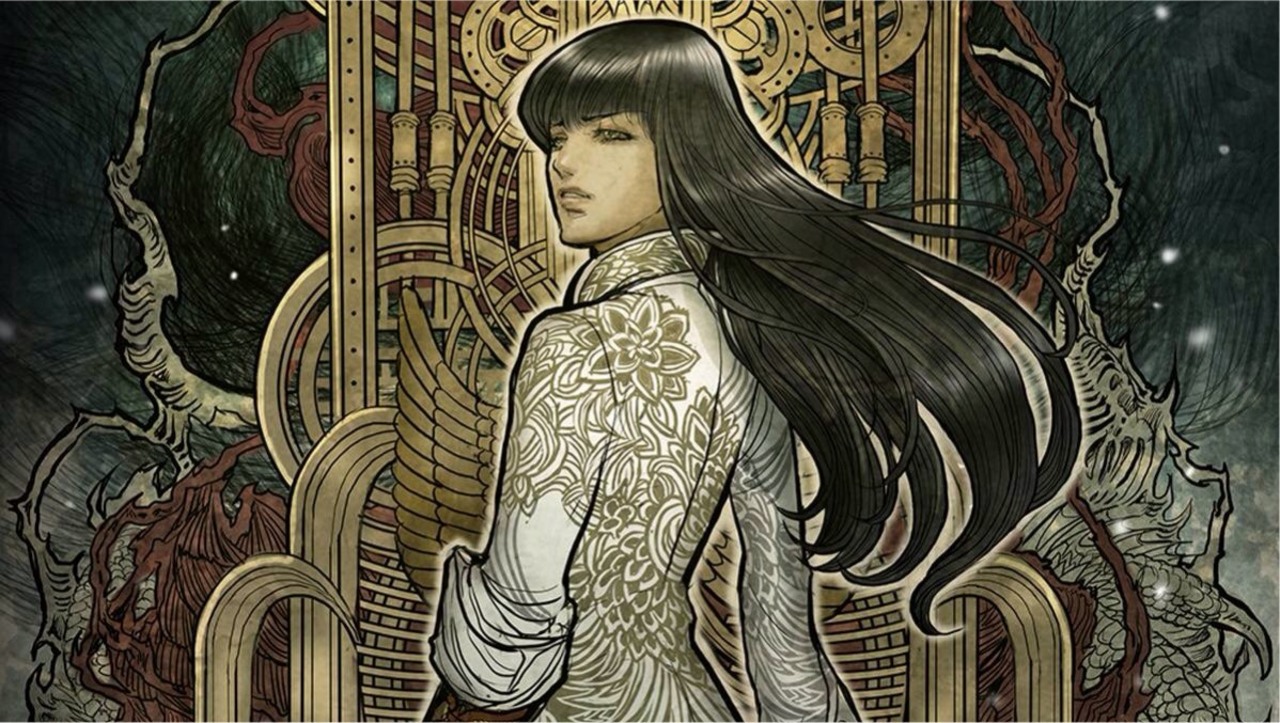WonderCon took place on March 31-April 2 at the Anaheim Convention Center in Anaheim, CA. On April 2, the “She Changed Comics” panel was part of the Comic Book Legal Defense Fund series.
Featured on the panel were Cecil Castellucci (Shade, the Changing Girl; Odd Duck; The Plain Janes), Hope Larson (Batgirl, Chiggers, Compass South), Amy Chu (Poison Ivy and Red Sonja), and moderator Betsy Gomez (CBLDF Editorial Director). These women changed free expression in comics and discussed how they overcame censorship and inspired the growing diversity and empowerment in comic storytelling.
To kick off the panel, Gomez briefly presented She Changed Comics, which is a collection of 60 profiles on women in the industry, and said that the way to fight censorship in comics is through education. Castellucci has written comics for 10 years, Larson is currently the author of several graphic novels for young adults and middle schoolers, and Chu is a professional comic book writer most known for the Poison Ivy series.
After the introductions, Gomez asked the panelists how to police the space women occupy in comics.
“If you tell me I can’t do it, I’ll do it,” Chu said. Her determination to show that women can write comics originated from a writing class that she took during college. In that class, she was the only woman while the rest were men. She went on to talk about how she wanted to turn women who were perceived as objects into subjects.
“People like Poison Ivy because she’s sexy, but I’m gonna make her badass [and] humanize her,” Chu said. She had pitched Poison Ivy as a scientist — a smart woman.
Gomez opened up the discussion of how one writes a woman to the rest of the panel, and all of them agreed that characters should have layers and empathy.
“Everyone has a different opinion on what’s appropriate for young readers,” Castellucci said. “Parents, for instance, fear female sexuality.”
The most recent Marvel controversy about David Gabriel, the vice president of Marvel, claiming that no one wanted any more diversity, or more specifically any more female characters, rose into the conversation. Castellucci refuted Gabriel’s statement, saying that creators and publishers have to market to the people and invest in supporting new audiences. Chu added that it’s all about the execution — if the company isn’t selling, don’t blame it on marketers and fans.
“Diversity is hurting us — that’s a bunch of bullshit,” Chu remarked.
Larson revealed a personal experience that she went through not too long ago at the convention where a random man told a volunteer that she’d be a no-show to her own spotlight panel. The organizers, who didn’t bother to question or look into the matter, were upset with Larson even though she’d been waiting outside for about half an hour without a call.
“The more I think about it, the angrier I get,” Larson expressed. “I feel violated. They took this random guy’s word for it. He must’ve been crazy or trying to sabotage me.”
Despite the threat of erasing women in comics, Castellucci stressed the importance of support, which summed up the panel in a profound way. She was the organizer for YA Resists, which is an event where YA authors gather at Skylight Books in Los Angeles and read passages that highlight activism.
By coming together and providing support for each other, women can rise up and become successful in all industries — not just comics.
